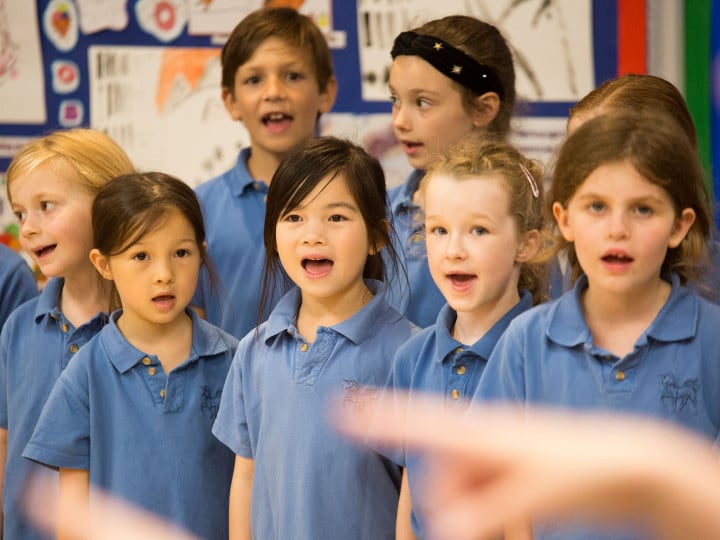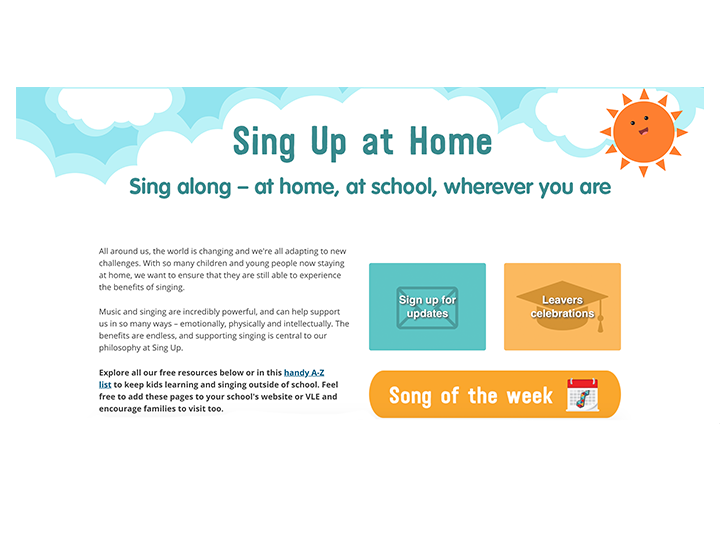
Looking for a creative way to support your KS2 pupils' mental health and wellbeing?
We’ve made a brilliant songwriting project available for free to help you get started with the basics, along with some top tips and inspiration from the Sing Up Foundation and inspiration to help you get the best wellbeing effects from the activity.
How can songwriting help?
Songwriting is a powerful tool for supporting children’s mental health and wellbeing. As well as being great for boosting our literacy and language skills, songwriting can provide a cathartic outlet for emotions that may not otherwise be expressed.
These anecdotes taken from guests on the Sing Up Foundation’s Inspiring Voices podcast highlight some of the profound impact felt in their own work:
“What's been interesting over the years… is it used to be that they would only really express through their music what it is that they're emotionally going through and over time, now they don't need the music anymore to start that conversation. They just do it straight away."
- Ben Turner
Rap Club founder, award-winning teacher
“He's just opened up for the first time about the death of his mother. He's been in this school for 2 whole academic years, and it's the first time he's ever spoken about the death of his mother and I made that happen in 20 minutes through a song exercise”
- Sophie Garner
Music facilitator, researcher and author of If you can’t say it, sing it
Things to consider when leading a songwriting session for wellbeing
Top tips from the Sing Up Foundation:
- Don’t underestimate the impact and importance of being playful, to create an environment of fun and safety.
- Songs don’t have to be chart-topper potential – it’s more important that they are relevant and mean something to the pupils creating them.
- Working with groups can be a challenge, so you can encourage dividing out parts of songs, or even having smaller groups working on different songs.
- Sometimes personal lyrics can be triggering, so do ensure that you are equipped to help a child manage any emotions that might emerge – and be ready to listen, validate and signpost onto pastoral support if needed.
Read the full article from ‘Types of Singing Activity for Singing and Mental Health’ on the Sing Up Foundation website.
Further exploration and inspiration
Inspiring Voices podcast: Check out the very first episode of the Sing Up Foundation’s podcast ‘If You Can’t Say It, Sing It’ featuring wisdom from vocal leader, researcher and author Sophie Garner. In the interview, Sophie shares insights from her work into the transformative power of songwriting and its effect on young people.
Fancy some research? Explore how creative practices like songwriting can give pupils a feeling of agency, which in turn boosts their self-esteem in this research review from Dr Douglas Lonie (2023).



